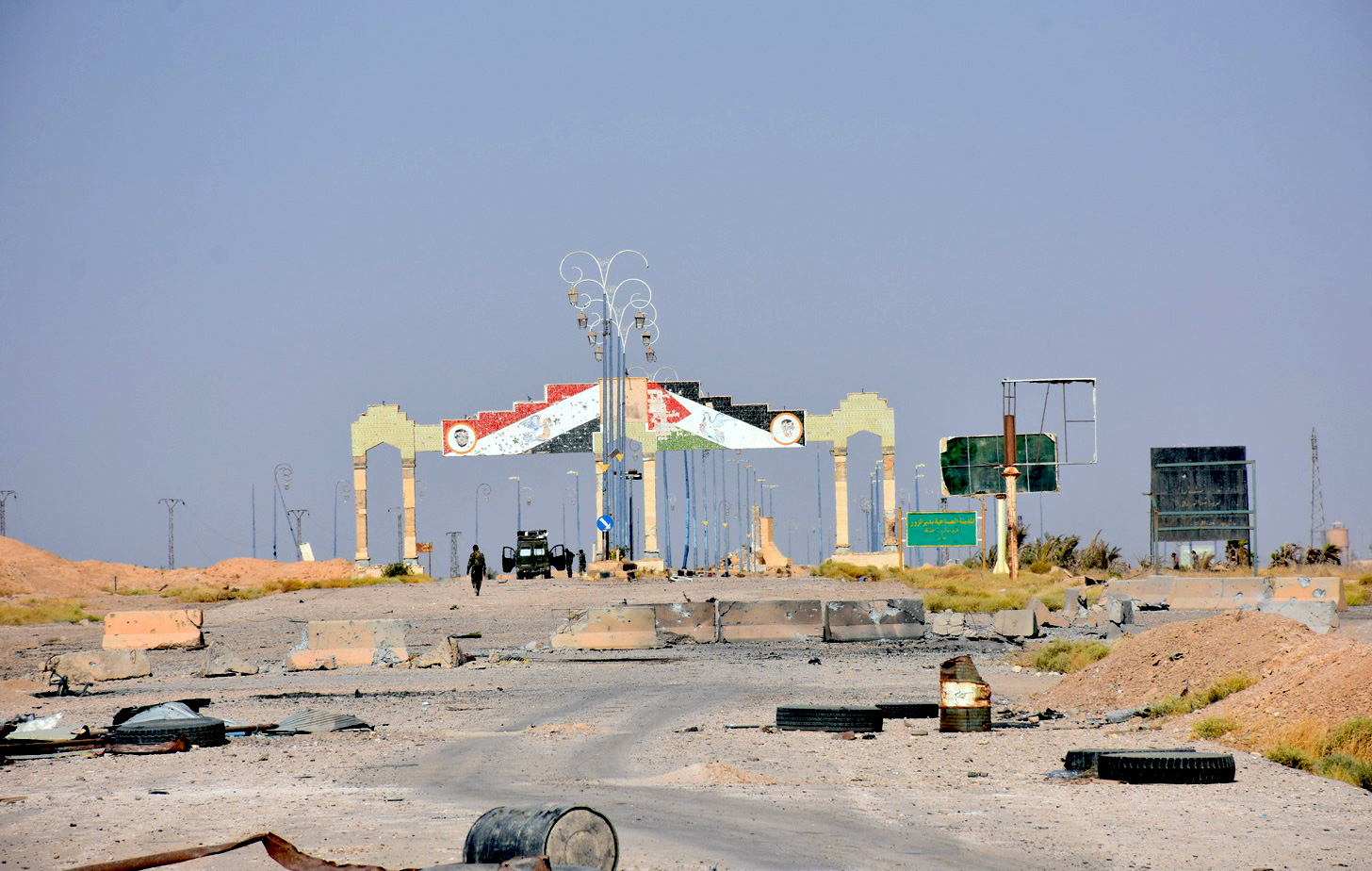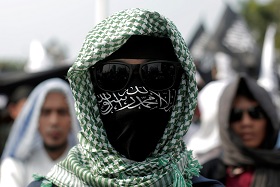Syria has suffered great damage after the years-long conflict. Regional and global actors’ joint efforts are required to root out terrorism, rebuild the economy and resolve a humanitarian crisis in the country. Today, almost all countries in the Middle East show interest in Russia’s involvement and view Moscow as the main partner capable of influencing the situation in the region. RIAC member Vitaly Naumkin shares his views on the prospects of reconstruction in Syria, telling what Russia’s policy in the Middle East will be after the crisis is resolved.
Syria has suffered great damage after the years-long conflict. Regional and global actors’ joint efforts are required to root out terrorism, rebuild the economy and resolve a humanitarian crisis in the country. Today, almost all countries in the Middle East show interest in Russia’s involvement and view Moscow as the main partner capable of influencing the situation in the region. RIAC member Vitaly Naumkin shares his views on the prospects of reconstruction in Syria, telling what Russia’s policy in the Middle East will be after the crisis is resolved.
How long will Russia be able to pursue a multi-vector policy in the Middle East, maintaining working relationship with Saudi Arabia, Iran and Israel at the same time?
In the long run, Russia will be able not only to maintain such relationship, but also to diversify its foreign policy in the Middle East. With every new development in the region, the country gains experience and deepens its ties with all actors, including those who act in conflict zones. Today, almost all countries in the Middle East are interested in Russia’s involvement and view it as the main partner capable of influencing the situation in the region. We will hope that Syria will manage to create consensus between the conflicting parties and secure a ceasefire. Nevertheless, the potential for conflict is very high. There is a failed state in the region, wars are being waged, high level of violence is detected, the problem of region’s reconstruction has arisen. Russian multi-vector policy and close ties with key regional countries will certainly give it a greater stake and higher status in the Middle East.
What are the prospects of Syrian economic recovery after the end of hostilities?
This is one of the most difficult questions to answer as the country has been destroyed considerably. In this case, we should speak not only about economic recovery, but also about a humanitarian disaster, e.g. about the return of refugees. The country may be reconstructed, but no one knows whether those who have fled will ever return, whether they will believe that the war is over, terrorist activity has been disrupted and the conflicting parties have reached an agreement.
Rebuilding trust, protecting people, maintaining ceasefire and supplying humanitarian aid are the tasks to be listed on the agenda apart from economic recovery, which, in turn, requires sufficient financial inflows. The current level of destruction is a direct result of the activity of different armed groups – both extremist ones and those, who started an insurgency against the legitimate government, plunging the country into a bloody war. Economic resources are essential for the country’s revival. It is Western countries and the Gulf states that possess them. China may also have such option but we do not know if it corresponds with Beijing’s interests. Russia is already contributing much to the cause of Syrian reconstruction. For example, infrastructure is being rebuilt in Aleppo and its citizens are provided with medical care. Russia is helping and will help in the future; however, it will certainly not be able to revive Syria on its own for hundreds of billions of dollars are required.
What goals will Russia pursue in the Middle East after the end of war and the revival of Syrian statehood?
Russian basic policies in the region – i.e. restoring stability and security as well as developing bilateral and multilateral ties – will remain untouched. The Syrian conflict is not the only in the region. The Arab–Israeli conflict has not been resolved either. Russia is a member of the Quartet on the Middle East, it extends its contacts both with Israel and the Palestinians. I think that after the resolution of the Syrian conflict the Arab-Israeli peace process will acquire a renewed importance. The situation in Libya, Yemen and Iraq remains very complex. Finally, the Kurdish question is still an issue and given its significance for the region a solution should be found. Russia has economic interests in the region in the field of energy.
Tensions between Iran and Saudi Arabia, the Shia and Sunni parts of the Muslim world, are growing high. Problems abound in the region, so settlement in Syria will enable Russia to pay attention to other important issues.






